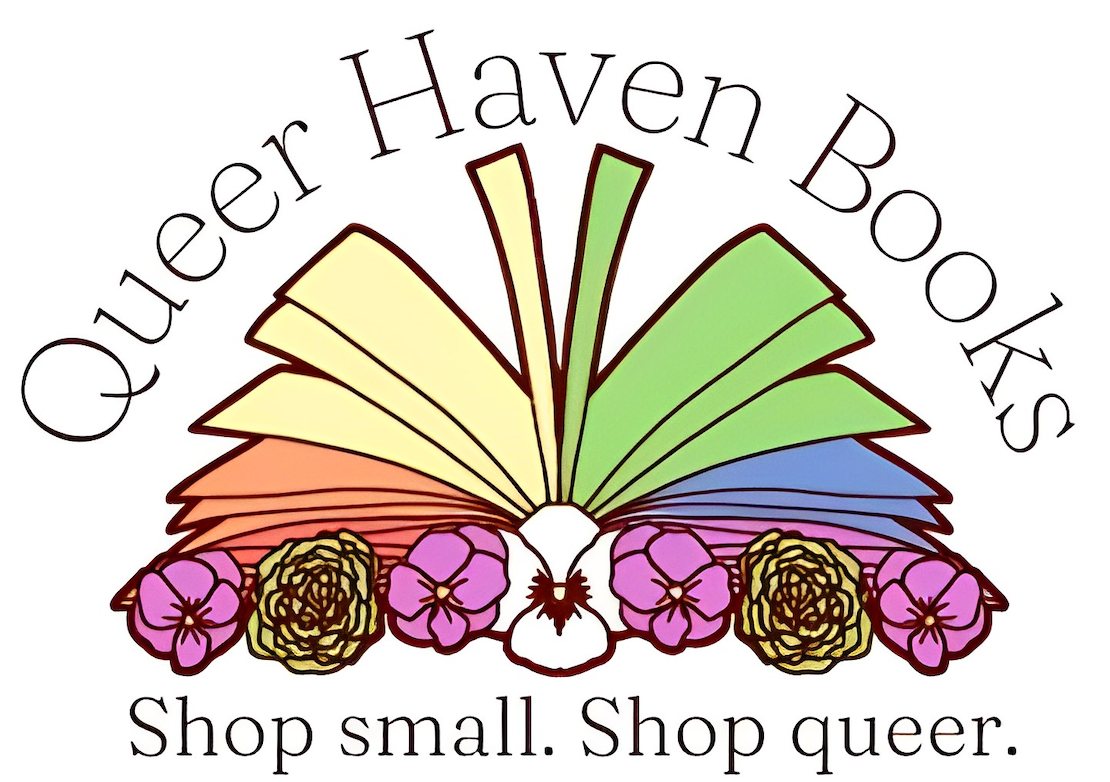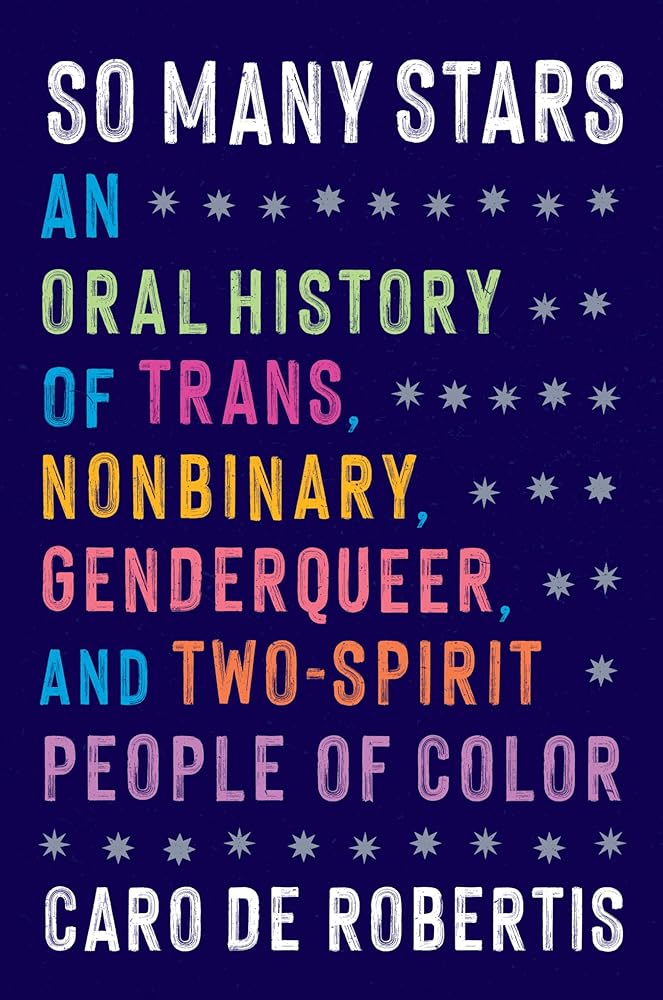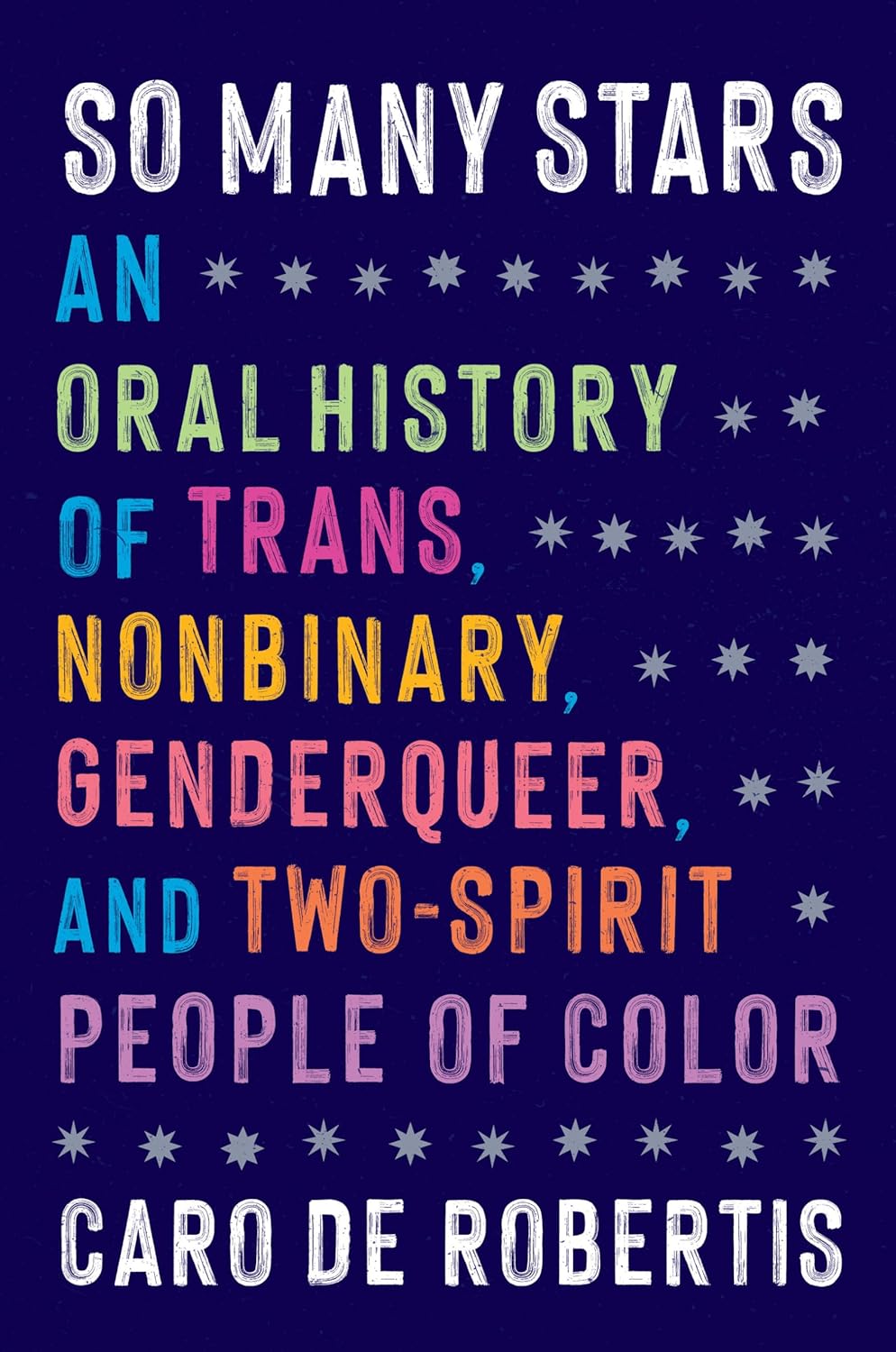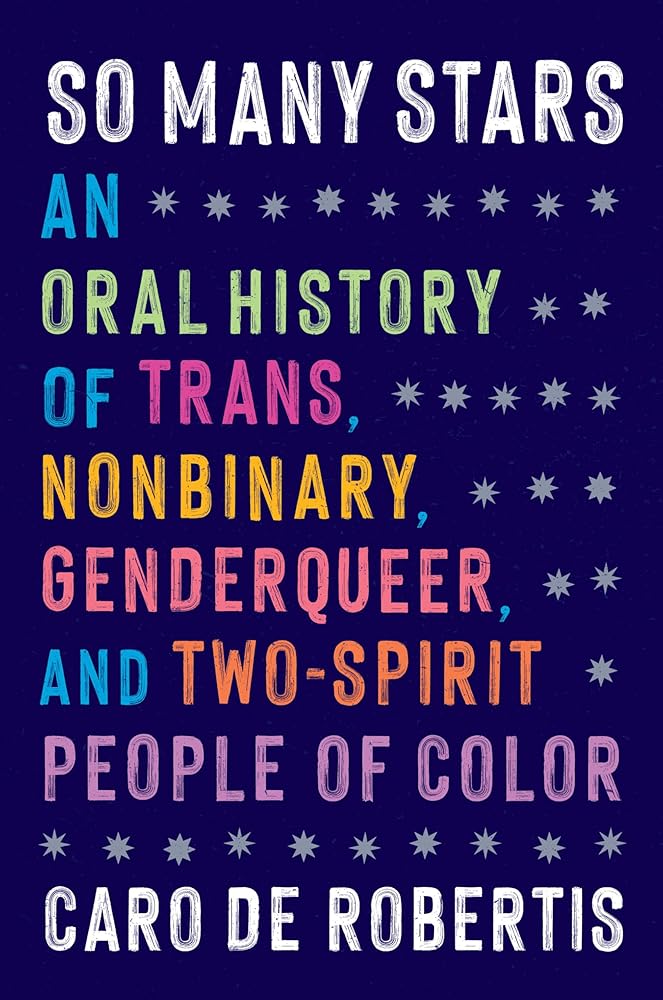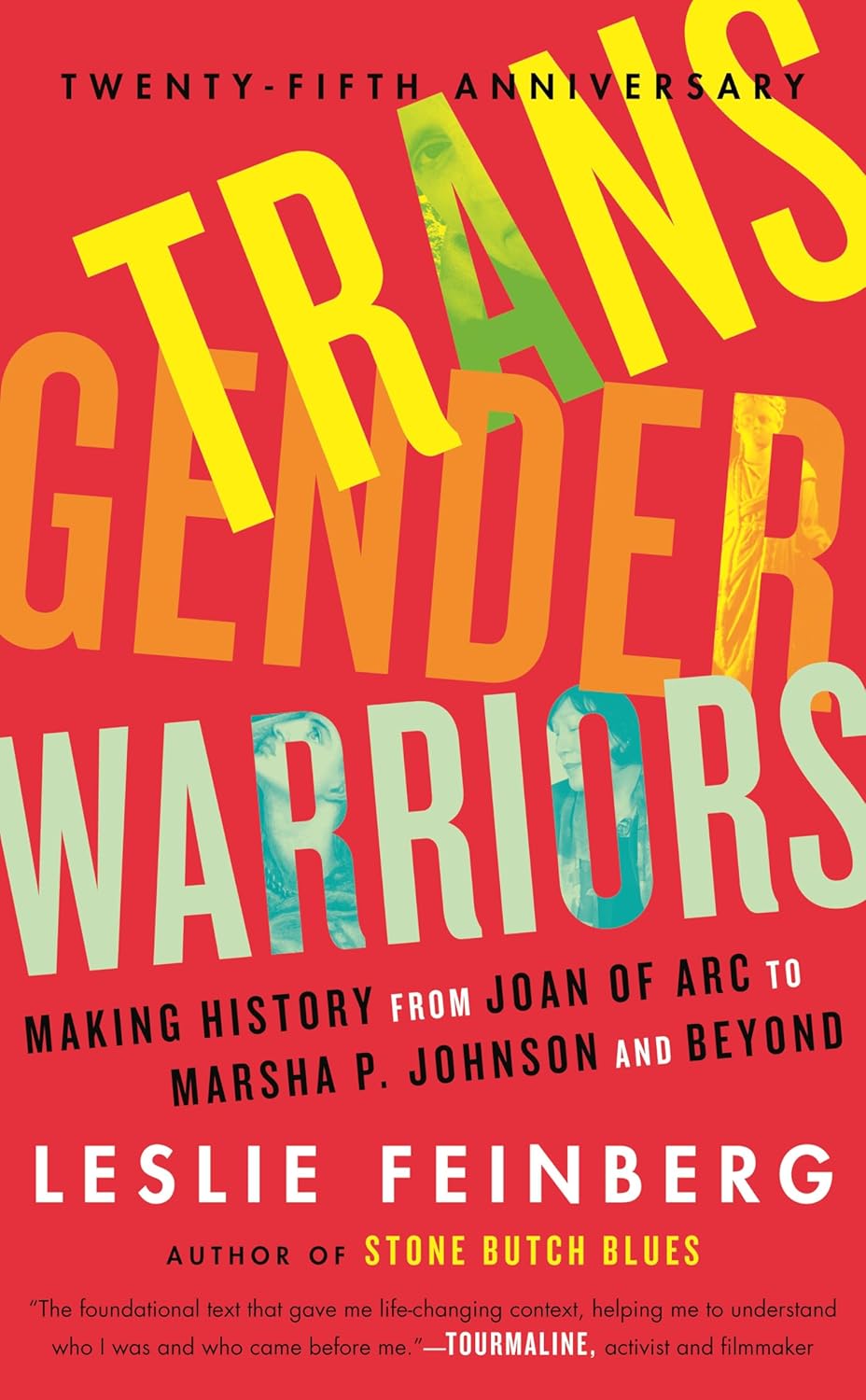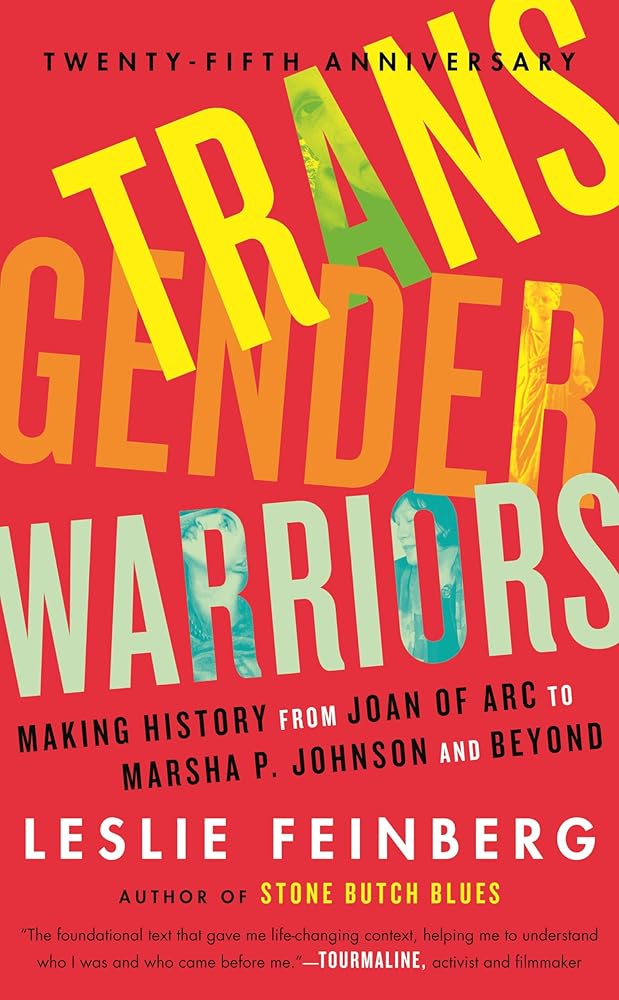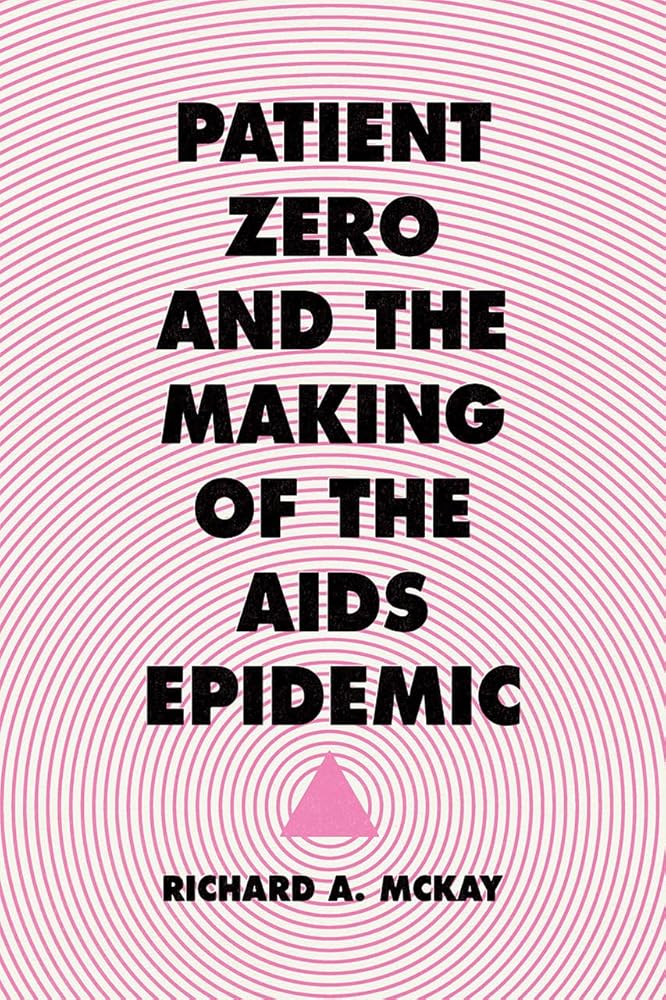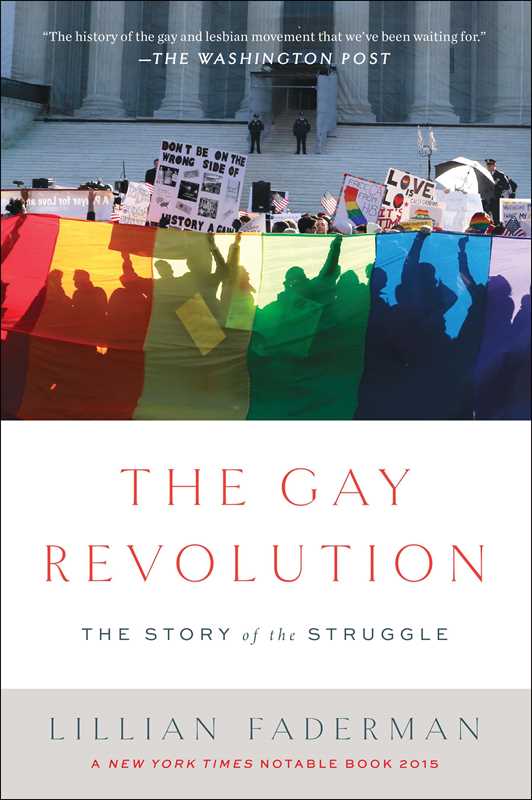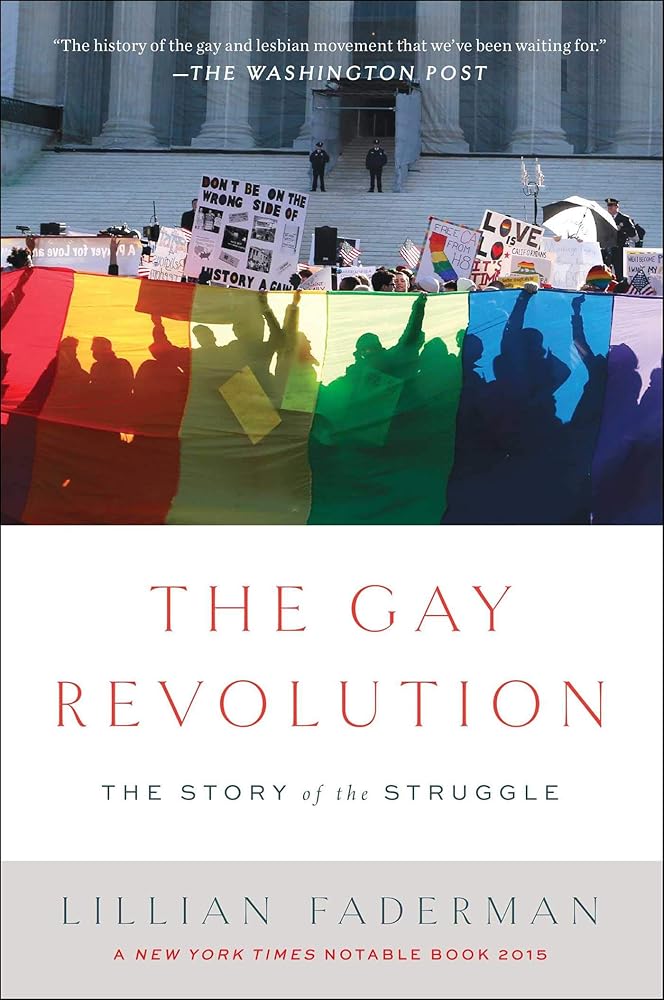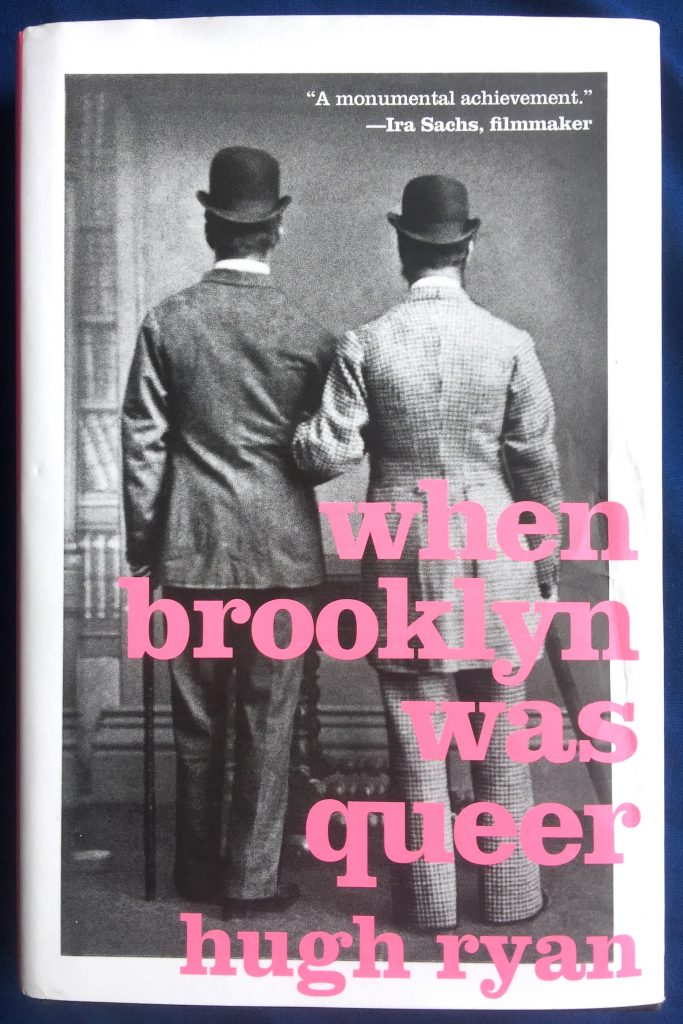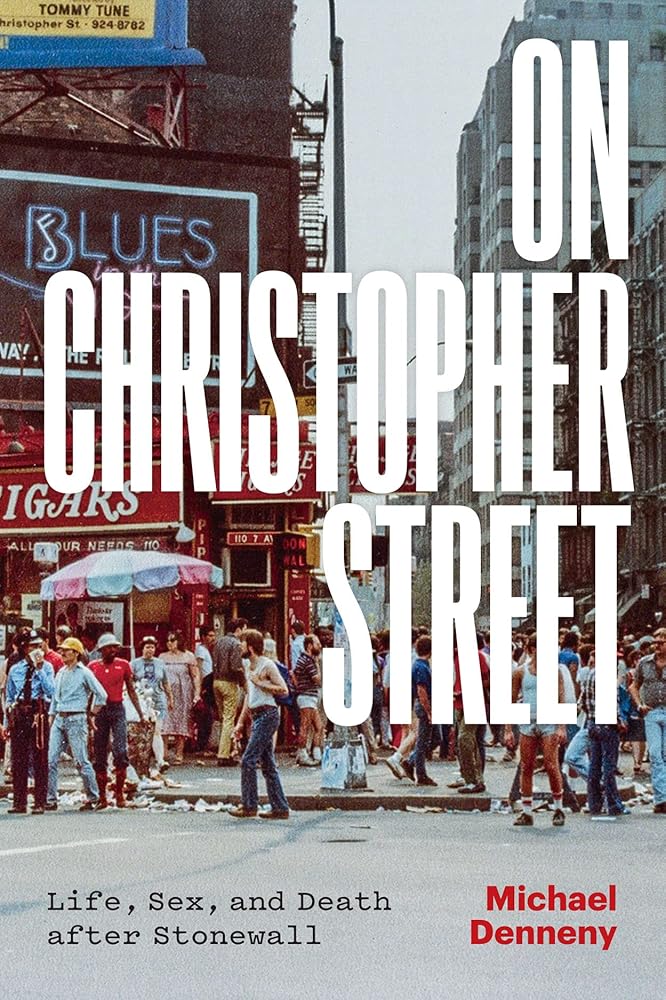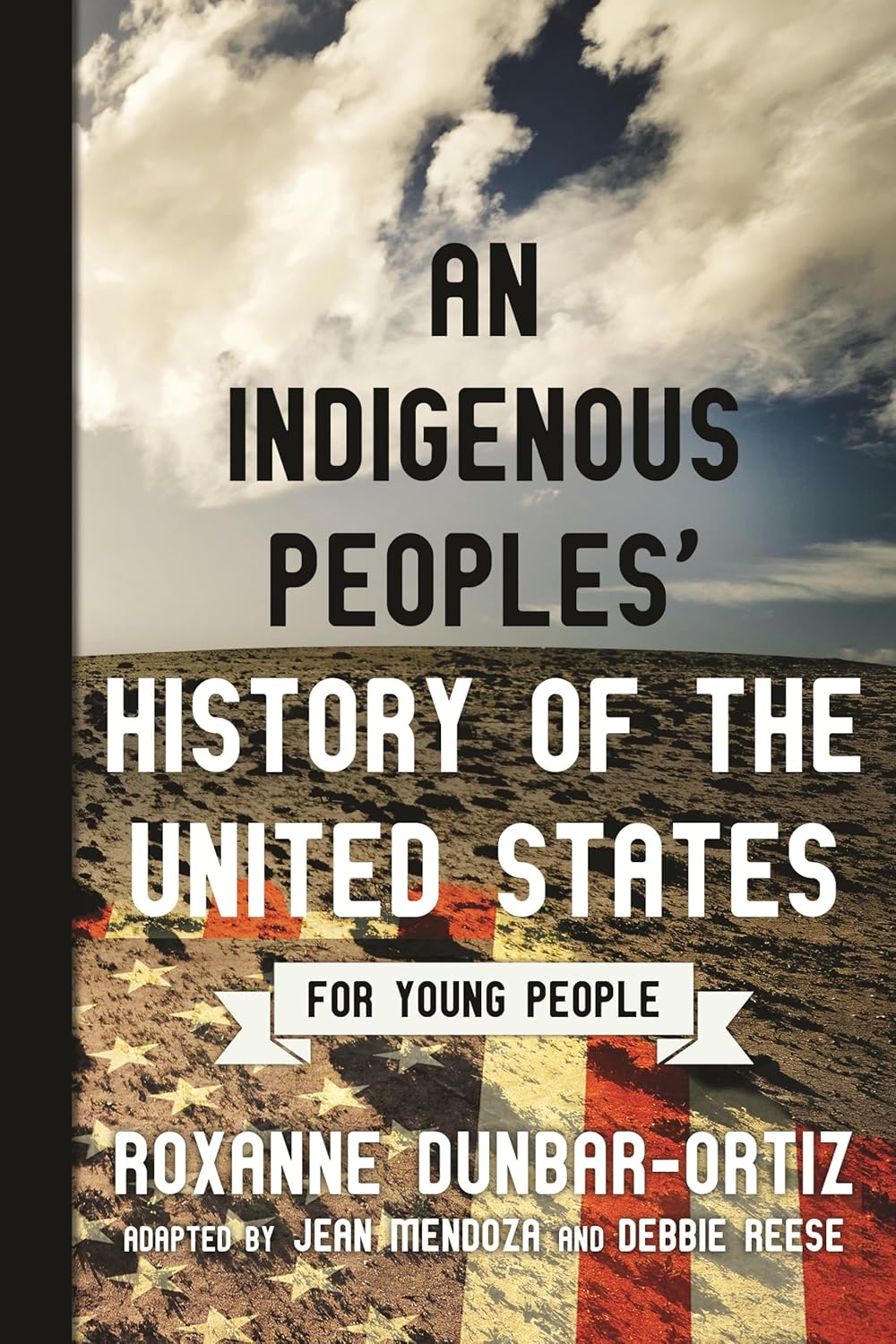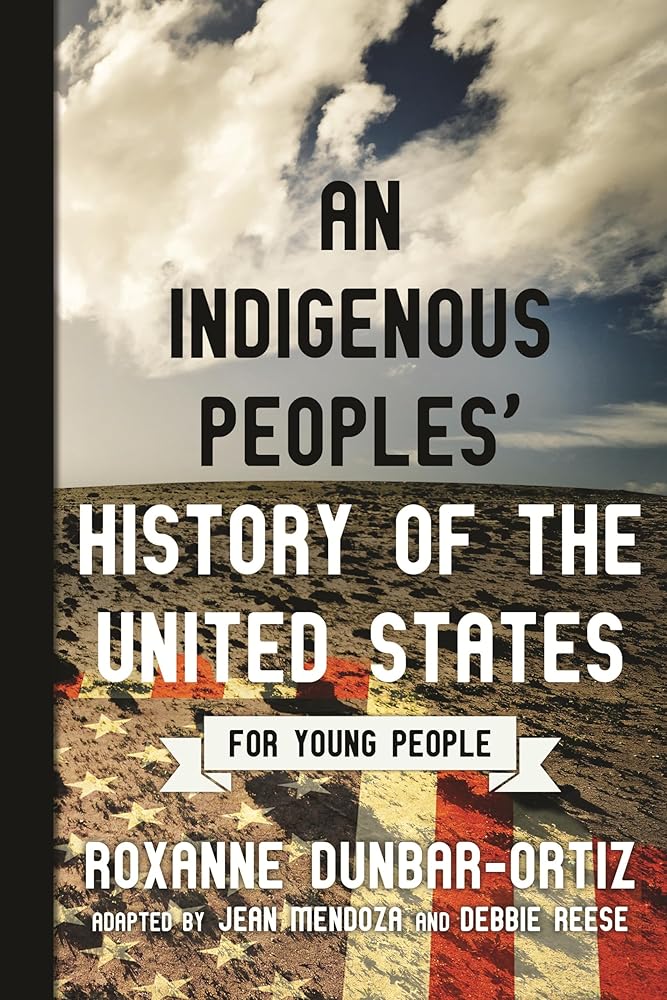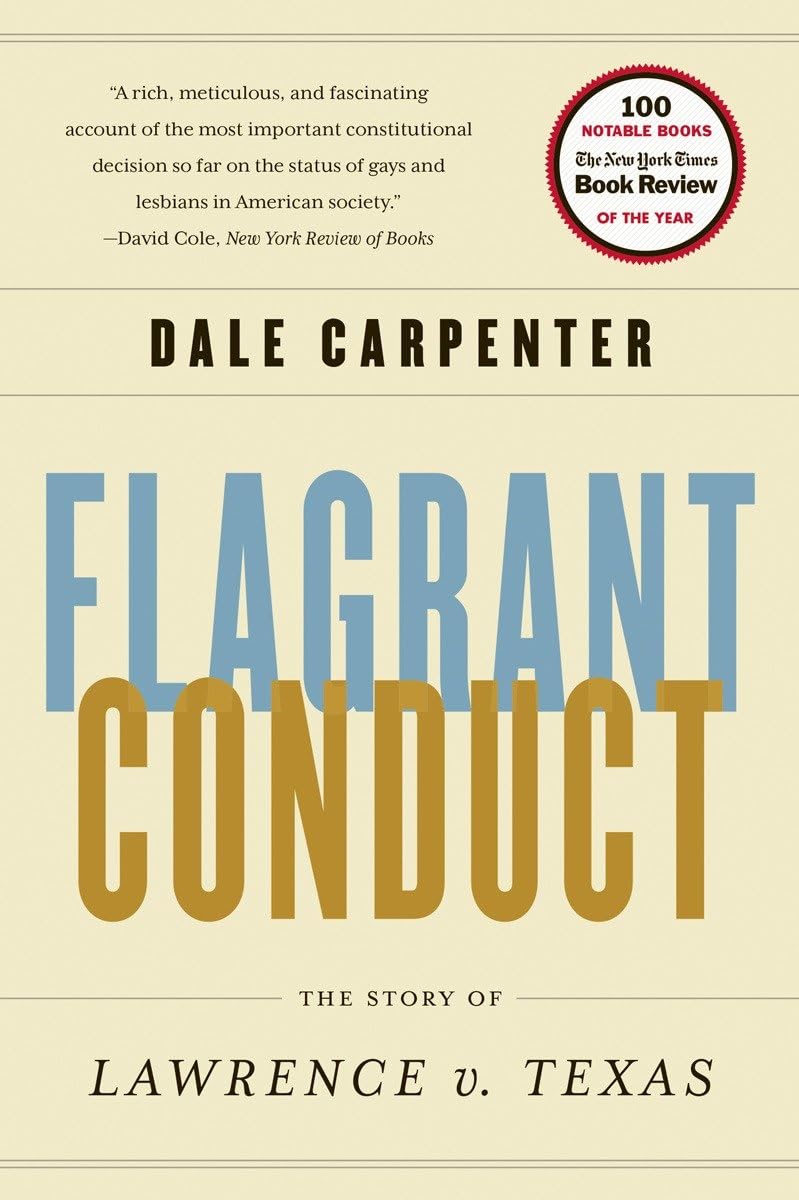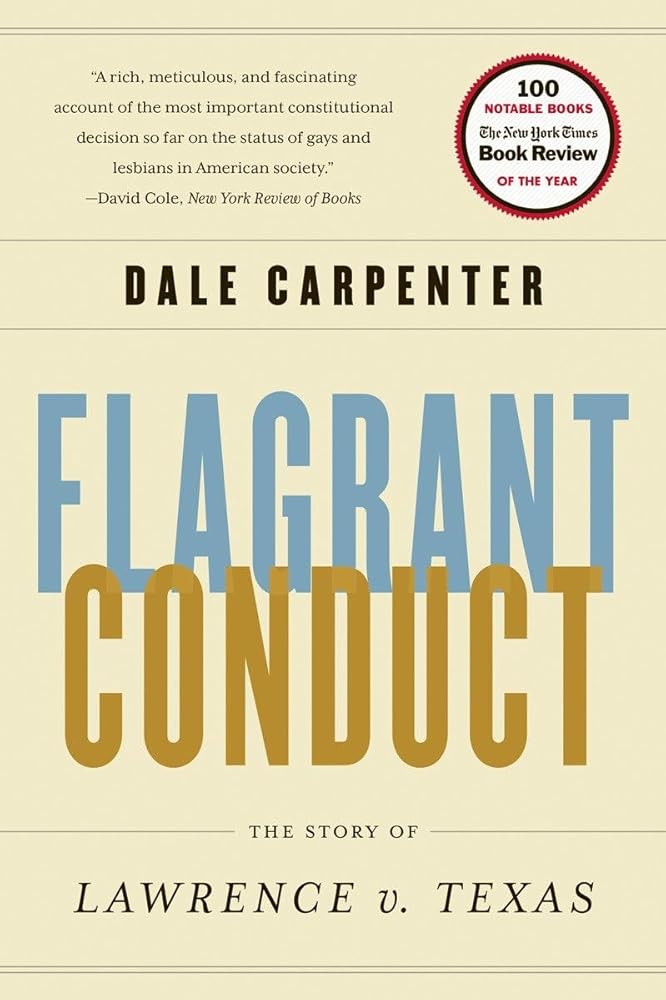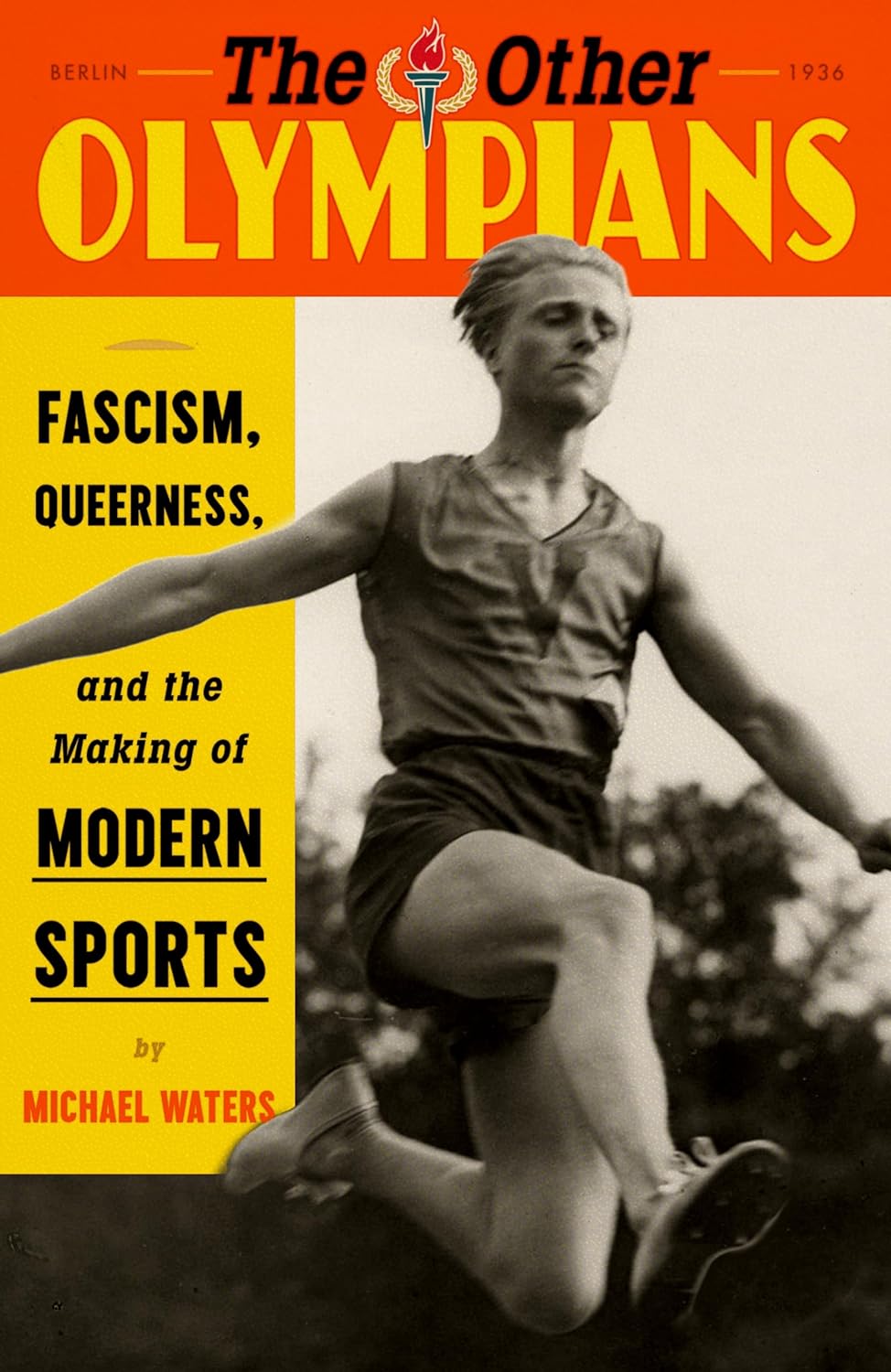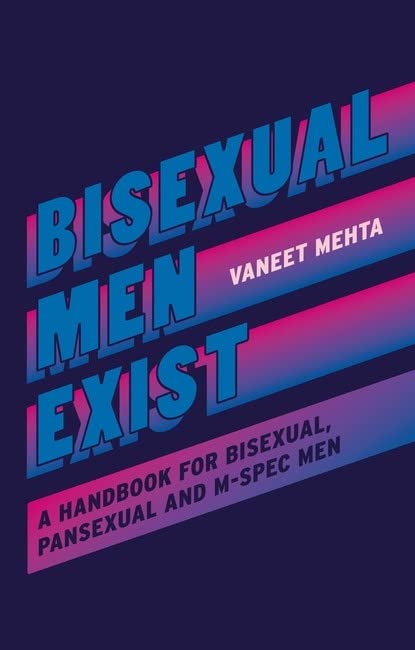Sort by:
38 products
38 products
From the acclaimed novelist, a first-of-its-kind, deeply personal, and moving oral history of a generation of trans and gender nonconforming elders of color—from leading activists to artists to ordinary citizens—who tell their own stories of breathtaking courage, cultural innovations, and acts of resistance.
So Many Stars knits together the voices of trans, nonbinary, genderqueer, and two-spirit elders of color as they share authentic, intimate accounts of how they created space for themselves and their communities in the world. This singular project collects the testimonies of twenty elders, each a glimmering thread in a luminous tapestry, preserving their words for future generations—who can more fully exist in the world today because of these very trailblazers.
De Robertis creates a collective coming-of-age story based on hundreds of hours of interviews, offering rare snapshots of ordinary life: kids growing up, navigating family issues and finding community, coming out and changing how they identify over the years, building movements and weathering the AIDS crisis, and sharing wisdom for future generations. Often narrating experiences that took place before they had the array of language that exists today to self-identify beyond the gender binary, this generation lived through remarkable changes in American culture, shaped American culture, and yet rarely takes center stage in the history books. Their stories feel particularly urgent in the current political moment, but also remind readers that their experiences are not new, and that young trans and nonbinary people today belong to a long lineage.
The anecdotes in these pages are riveting, joyful, heartbreaking, full of personality and wisdom, and artfully woven together into one immersive narrative. In De Robertis’s words, So Many Stars shares “behind-the-scenes tales of what it meant—and still means—to create an authentic life, against the odds.”
“The foundational text that gave me life-changing context, helping me to understand who I was and who came before me.”—Tourmaline, activist and filmmaker
Transgender Warriors is an essential read for trans people of all ages who want to learn about the towering figures who have come before them—and for everyone who is part of the fight for trans liberation
This groundbreaking book—far ahead of its time when first published in 1996 and still galvanizing today—interweaves history, memoir, and gender studies to show that transgender people, far from being a modern phenomenon, have always existed and have exerted their influence throughout history. Leslie Feinberg—hirself a lifelong transgender revolutionary—reveals the origin of the check-one-box-only gender system and shows how zie found empowerment in the lives of transgender warriors around the world, from the Two Spirits of the Americas to the many genders of India, from the trans shamans of East Asia to the gender-bending Queen Nzinga of Angola, from Joan of Arc to Marsha P. Johnson and beyond.
This book was published with two different covers. Customers will be shipped the book with one of the available covers.
Now an award-winning documentary feature film
The search for a “patient zero”—popularly understood to be the first person infected in an epidemic—has been key to media coverage of major infectious disease outbreaks for more than three decades. Yet the term itself did not exist before the emergence of the HIV/AIDS epidemic in the 1980s. How did this idea so swiftly come to exert such a strong grip on the scientific, media, and popular consciousness? In Patient Zero, Richard A. McKay interprets a wealth of archival sources and interviews to demonstrate how this seemingly new concept drew upon centuries-old ideas—and fears—about contagion and social disorder.
McKay presents a carefully documented and sensitively written account of the life of Gaétan Dugas, a gay man whose skin cancer diagnosis in 1980 took on very different meanings as the HIV/AIDS epidemic developed—and who received widespread posthumous infamy when he was incorrectly identified as patient zero of the North American outbreak. McKay shows how investigators from the US Centers for Disease Control inadvertently created the term amid their early research into the emerging health crisis; how an ambitious journalist dramatically amplified the idea in his determination to reframe national debates about AIDS; and how many individuals grappled with the notion of patient zero—adopting, challenging and redirecting its powerful meanings—as they tried to make sense of and respond to the first fifteen years of an unfolding epidemic. With important insights for our interconnected age, Patient Zero untangles the complex process by which individuals and groups create meaning and allocate blame when faced with new disease threats. What McKay gives us here is myth-smashing revisionist history at its best.
“This is the history of the gay and lesbian movement that we’ve been waiting for.” —The Washington Post
The sweeping story of the struggle for gay and lesbian rights—based on amazing interviews with politicians, military figures, and members of the entire LGBT community who face these challenges every day.
The fight for gay and lesbian civil rights—the years of outrageous injustice, the early battles, the heart-breaking defeats, and the victories beyond the dreams of the gay rights pioneers—is the most important civil rights issue of the present day. In “the most comprehensive history to date of America’s gay-rights movement” (The Economist), Lillian Faderman tells this unfinished story through the dramatic accounts of passionate struggles with sweep, depth, and feeling.
The Gay Revolution begins in the 1950s, when gays and lesbians were criminals, psychiatrists saw them as mentally ill, churches saw them as sinners, and society victimized them with hatred. Against this dark backdrop, a few brave people began to fight back, paving the way for the revolutionary changes of the 1960s and beyond. Faderman discusses the protests in the 1960s; the counter reaction of the 1970s and early eighties; the decimated but united community during the AIDS epidemic; and the current hurdles for the right to marriage equality.
“A compelling read of a little-known part of our nation’s history, and of individuals whose stories range from heart-wrenching to inspiring to enraging to motivational” (Chicago Tribune), The Gay Revolution paints a nuanced portrait of the LGBT civil rights movement. A defining account, this is the most complete and authoritative book of its kind.
By: Hugh Ryan, 2020, Paperback
Hugh Ryan’s When Brooklyn Was Queer is a groundbreaking exploration of the LGBT history of Brooklyn, from the early days of Walt Whitman in the 1850s up through the queer women who worked at the Brooklyn Navy Yard during World War II, and beyond. No other book, movie, or exhibition has ever told this sweeping story. Not only has Brooklyn always lived in the shadow of queer Manhattan neighborhoods like Greenwich Village and Harlem, but there has also been a systematic erasure of its queer history―a great forgetting.
Ryan is here to unearth that history for the first time. In intimate, evocative, moving prose he discusses in new light the fundamental questions of what history is, who tells it, and how we can only make sense of ourselves through its retelling; and shows how the formation of the Brooklyn we know today is inextricably linked to the stories of the incredible people who created its diverse neighborhoods and cultures. Through them, When Brooklyn Was Queer brings Brooklyn’s queer past to life, and claims its place as a modern classic.
Through the eyes of publishing icon Michael Denneny, this cultural autobiography traces the evolution of the US’s queer community in the three decades post-Stonewall.
The Stonewall Riots of 1969 and the AIDS crisis of the 1980s have been captured in minute detail, and rightly memorialized in books, on tv, and in film as pivotal and powerful moments in queer history. Yet what about the moments in between—the tumultuous decade post-Stonewall when the queer community’s vitality and creativity exploded across the country, even as the AIDS crisis emerged?
Michael Denneny was there for it all. As a founder and editor of the wildly influential magazine Christopher Street and later as the first openly gay editor at a major publishing house, Denneny critically shaped publishing around gay subjects in the 1970s and beyond. At St. Martin’s Press, he acquired a slew of landmark titles by gay authors—many for his groundbreaking Stonewall Inn Editions—propelling queer voices into the mainstream cultural conversation. On Christopher Street is Denneny’s time machine, going back to that heady period to lay out the unfolding geographies and storylines of gay lives and capturing the raw immediacy of his and his contemporaries’ daily lives as gay people in America. Through forty-one micro-chapters, he uses his journal writings, articles, interviews, and more from the 1970s and ‘80s to illuminate the twists and turns of a period of incomparable cultural ferment.
One of the few surviving voices of his generation, Denneny transports us back in time to share those vibrant in-between moments in gay lives—the joy, sorrow, ecstasy, and energy—across three decades of queer history.

An African American and Latinx History of the United States (ReVisioning History)
$17.00
Unit price perAn African American and Latinx History of the United States (ReVisioning History)
$17.00
Unit price perAn intersectional history of the shared struggle for African American and Latinx civil rights
Spanning more than two hundred years, An African American and Latinx History of the United States is a revolutionary, politically charged narrative history, arguing that the “Global South” was crucial to the development of America as we know it. Scholar and activist Paul Ortiz challenges the notion of westward progress as exalted by widely taught formulations like “manifest destiny” and “Jacksonian democracy,” and shows how placing African American, Latinx, and Indigenous voices unapologetically front and center transforms US history into one of the working class organizing against imperialism.
Drawing on rich narratives and primary source documents, Ortiz links racial segregation in the Southwest and the rise and violent fall of a powerful tradition of Mexican labor organizing in the twentieth century, to May 1, 2006, known as International Workers’ Day, when migrant laborers—Chicana/os, Afrocubanos, and immigrants from every continent on earth—united in resistance on the first “Day Without Immigrants.” As African American civil rights activists fought Jim Crow laws and Mexican labor organizers warred against the suffocating grip of capitalism, Black and Spanish-language newspapers, abolitionists, and Latin American revolutionaries coalesced around movements built between people from the United States and people from Central America and the Caribbean. In stark contrast to the resurgence of “America First” rhetoric, Black and Latinx intellectuals and organizers today have historically urged the United States to build bridges of solidarity with the nations of the Americas.
Incisive and timely, this bottom-up history, told from the interconnected vantage points of Latinx and African Americans, reveals the radically different ways that people of the diaspora have addressed issues still plaguing the United States today, and it offers a way forward in the continued struggle for universal civil rights.
2018 Winner of the PEN Oakland/Josephine Miles Literary Award
2020 American Indian Youth Literature Young Adult Honor Book
2020 Notable Social Studies Trade Books for Young People,selected by National Council for the Social Studies (NCSS) and the Children’s Book Council
2019 Best-Of Lists: Best YA Nonfiction of 2019 (Kirkus Reviews) · Best Nonfiction of 2019 (School Library Journal) · Best Books for Teens (New York Public Library) · Best Informational Books for Older Readers (Chicago Public Library)
Spanning more than 400 years, this classic bottom-up history examines the legacy of Indigenous peoples’ resistance, resilience, and steadfast fight against imperialism.
Going beyond the story of America as a country “discovered” by a few brave men in the “New World,” Indigenous human rights advocate Roxanne Dunbar-Ortiz reveals the roles that settler colonialism and policies of American Indian genocide played in forming our national identity.
The original academic text is fully adapted by renowned curriculum experts Debbie Reese and Jean Mendoza, for middle-grade and young adult readers to include discussion topics, archival images, original maps, recommendations for further reading, and other materials to encourage students, teachers, and general readers to think critically about their own place in history.
“A highly informative, detailed, even thrilling account of how the Supreme Court arguments reshaped American law.”―Michael Bronkski, San Francisco Chronicle
No one could have predicted that the night of September 17, 1998, would be anything but routine in Houston, Texas. Even the call to police that a black man was "going crazy with a gun" was hardly unusual in this urban setting. Nobody could have imagined that the arrest of two men for a minor criminal offense would reverberate in American constitutional law, exposing a deep malignity in our judicial system and challenging the traditional conception of what makes a family. Indeed, when Harris County sheriff’s deputies entered the second-floor apartment, there was no gun. Instead, they reported that they had walked in on John Lawrence and Tyron Garner having sex in Lawrence’s bedroom.
So begins Dale Carpenter’s "gripping and brilliantly researched" Flagrant Conduct, a work nine years in the making that transforms our understanding of what we thought we knew about Lawrence v. Texas, the landmark Supreme Court decision of 2003 that invalidated America’s sodomy laws. Drawing on dozens of interviews, Carpenter has taken on the "gargantuan" task of extracting the truth about the case, analyzing the claims of virtually every person involved.
Carpenter first introduces us to the interracial defendants themselves, who were hardly prepared "for the strike of lightning" that would upend their lives, and then to the Harris County arresting officers, including a sheriff’s deputy who claimed he had "looked eye to eye" in the faces of the men as they allegedly fornicated. Carpenter skillfully navigates Houston’s complex gay world of the late 1990s, where a group of activists and court officers, some of them closeted themselves, refused to bury what initially seemed to be a minor arrest.
The author charts not only the careful legal strategy that Lambda Legal attorneys adopted to make the case compatible to a conservative Supreme Court but also the miscalculations of the Houston prosecutors who assumed that the nation’s extant sodomy laws would be upheld. Masterfully reenacting the arguments that riveted spectators and Justices alike in 2003, Flagrant Conduct then reaches a point where legal history becomes literature, animating a Supreme Court decision as few writers have done.
In situating Lawrence v. Texas within the larger framework of America’s four-century persecution of gay men and lesbians, Flagrant Conduct compellingly demonstrates that gay history is an integral part of our national civil rights story. 8 pages of illustrations
By: Micheal Waters (Author), 2024, Hardcover
Named a Most Anticipated Book by Esquire, Town & Country, and Electric Literature
"Michael Waters performs an Olympian act of storytelling, using the stories of these extraordinary athletes to explore in brilliant detail the struggle for understanding and equality." ―Jonathan Eig, author of King: A Life, winner of the Pulitzer Prize
The story of the early trans athletes and Olympic bureaucrats who lit the flame for today’s culture wars.
In December 1935, Zdeněk Koubek, one of the most famous sprinters in European women’s sports, declared he was now living as a man. Around the same time, the celebrated British field athlete Mark Weston, also assigned female at birth, announced that he, too, was a man. Periodicals and radio programs across the world carried the news; both became global celebrities. A few decades later, they were all but forgotten. And in the wake of their transitions, what could have been a push toward equality became instead, through a confluence of bureaucracy, war, and sheer happenstance, the exact opposite: the now all-too-familiar panic around trans, intersex, and gender nonconforming athletes.
In The Other Olympians, Michael Waters uncovers, for the first time, the gripping true stories of Koubek, Weston, and other pioneering trans and intersex athletes from their era. With dogged research and cinematic flair, Waters also tracks how International Olympic Committee members ignored Nazi Germany’s atrocities in order to pull off the Berlin Games, a partnership that ultimately influenced the IOC’s nearly century-long obsession with surveilling and cataloging gender.
Immersive and revelatory, The Other Olympians is a groundbreaking, hidden-in-the-archives marvel, an inspiring call for equality, and an essential contribution toward understanding the contemporary culture wars over gender in sports.
By: Alexis Macaluso (Author), Haley Steinhilber (Author), Dan Low (Author), 2024, Paperback
In Queer Seeking Queer: A Colorful History, we journey back in time covering real personal ads from throughout the 20th century. We have imagined what these ad authors might look like - you get to color them in. No stamps necessary.
By: Vaneet Mehta (Author), 2023, Paperback
"You're just being greedy."
"Are you sure you're not gay?"
"Pick a side."
Being a bisexual man isn't easy - something Vaneet Mehta knows all too well. After spending more than a decade figuring out his identity, Vaneet's coming out was met with questioning, ridicule and erasure. This experience inspired Vaneet to create the viral #BisexualMenExist campaign, combatting the hate and scepticism m-spec (multi-gender attracted spectrum) men encounter, and helping others who felt similarly alone and trapped.
This powerful book is an extension of that fight. Navigating a range of topics, including coming out, dating, relationships and health, Vaneet shares his own lived experience as well as personal stories from others in the community to help validate and uplift other bisexual men. Discussing the treatment of m-spec men in LGBTQ+ places, breaking down stereotypes and highlighting the importance of representation and education, this empowering book is a rallying call for m-spec men everywhere.
A “riveting” and “indispensable” (Alison Bechdel) cultural history of queer women’s lives in the second half of the twentieth century, told through six iconic spaces
For as long as queer women have existed, they’ve created gathering grounds where they can be themselves. From the intimate darkness of the lesbian bar to the sweaty camaraderie of the softball field, these spaces aren’t a luxury—they’re a necessity for queer women defining their identities. In A Place of Our Own, journalist June Thomas invites readers into six iconic lesbian spaces over the course of the last sixty years, including the rural commune, the sex toy boutique, the vacation spot, and the feminist bookstore.
Thomas blends her own experiences with archival research and rare interviews with pioneering figures like Elaine Romagnoli, Susie Bright, and Jacqueline Woodson. She richly illustrates the lives of the business owners, entrepreneurs, activists, and dreamers who shaped the long struggle for queer liberation. Thomas illuminates what is gained and lost in the shift from the exclusive, tight-knit women’s spaces of the ’70s toward today’s more inclusive yet more diffuse LGBTQ+ communities.
At once a love letter, a time capsule, and a bridge between generations of queer women, A Place of Our Own brings the history—and timeless present—of the lesbian community to vivid life.
by Kirsty Loehr: Paperback; 208 pages / English
[Oneworld Publications] A funny, bullshit-free and surprising history Queer families have always existed Even Sappho, the OG lesbian, had a daughter named Cleis, in honour of vaginas everywhere! For centuries, the women of ‘The Golden Orchid Society’ in Qing-dynasty China were getting married and raising daughters together – platonically, obviously... And Vita Sackville-West and Harold Nicolson’s fabulously bisexual open marriage proved women really can have it all – a husband, two kids, a writing career and Virginia Woolf. Maybe you’re exploring your options. Maybe you don’t want kids but you have questions. Either way, Kirsty Loehr provides another rollicking guide to the ups and downs of queer parenthood through the ages.

COMBEE: Harriet Tubman, the Combahee River Raid, and Black Freedom during the Civil War
$39.99
Unit price perCOMBEE: Harriet Tubman, the Combahee River Raid, and Black Freedom during the Civil War
$39.99
Unit price perThe story of the Combahee River Raid, one of Harriet Tubman's most extraordinary accomplishments, based on original documents and written by a descendant of one of the participants.
Publishers Weekly Starred Review
Library Journal Starred Review
Booklist Top Ten History Books of 2024
Most Americans know of Harriet Tubman's legendary life: escaping enslavement in 1849, she led more than 60 others out of bondage via the Underground Railroad, gave instructions on getting to freedom to scores more, and went on to live a lifetime fighting for change. Yet the many biographies, children's books, and films about Tubman omit a crucial chapter: during the Civil War, hired by the Union Army, she ventured into the heart of slave territory--Beaufort, South Carolina--to live, work, and gather intelligence for a daring raid up the Combahee River to attack the major plantations of Rice Country, the breadbasket of the Confederacy.
Edda L. Fields-Black--herself a descendent of one of the participants in the raid--shows how Tubman commanded a ring of spies, scouts, and pilots and participated in military expeditions behind Confederate lines. On June 2, 1863, Tubman and her crew piloted two regiments of Black US Army soldiers, the Second South Carolina Volunteers, and their white commanders up coastal South Carolina's Combahee River in three gunboats. In a matter of hours, they torched eight rice plantations and liberated 730 people, people whose Lowcountry Creole language and culture Tubman could not even understand. Black men who had liberated themselves from bondage on South Carolina's Sea Island cotton plantations after the Battle of Port Royal in November 1861 enlisted in the Second South Carolina Volunteers and risked their lives in the effort.
Using previous unexamined documents, including Tubman's US Civil War Pension File, bills of sale, wills, marriage settlements, and estate papers from planters' families, Fields-Black brings to life intergenerational, extended enslaved families, neighbors, praise-house members, and sweethearts forced to work in South Carolina's deadly tidal rice swamps, sold, and separated during the antebellum period. When Tubman and the gunboats arrived and blew their steam whistles, many of those people clambered aboard, sailed to freedom, and were eventually reunited with their families. The able-bodied Black men freed in the Combahee River Raid enlisted in the Second South Carolina Volunteers and fought behind Confederate lines for the freedom of others still enslaved not just in South Carolina but Georgia and Florida.
After the war, many returned to the same rice plantations from which they had escaped, purchased land, married, and buried each other. These formerly enslaved peoples on the Sea Island indigo and cotton plantations, together with those in the semi-urban port cities of Charleston, Beaufort, and Savannah, and on rice plantations in the coastal plains, created the distinctly American Gullah Geechee dialect, culture, and identity--perhaps the most significant legacy of Harriet Tubman's Combahee River Raid.
